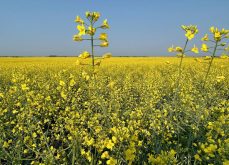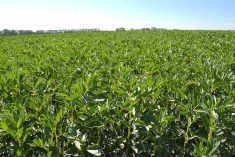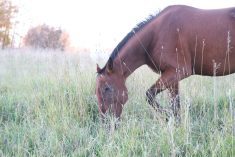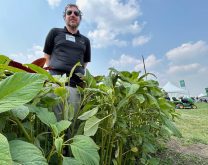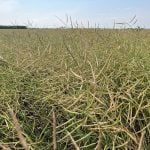A North American focus on achieving humane, safe and effective livestock transport was the centre of discussion at the Livestock Transport Conference, Jan. 29, in Calgary. The conference, themed “Are we there yet?” was hosted by Alberta Farm Animal Care (AFAC) and the National Farm Animal Care Council (NFACC).
Livestock care is a growing focus of industry and consumers worldwide, and livestock transport is one of the most critical and visible components, AFAC board member Dr. Duane Landals told a packed house of over 120 people including transporters, livestock producers, researchers and other industry leaders. “Today there is increasing focus on animal welfare globally. But the people in this room have shown we don’t need a global spotlight to force us to take care of the issues. When it comes to livestock care and livestock transport, we do what is right, because it is right.”
Read Also
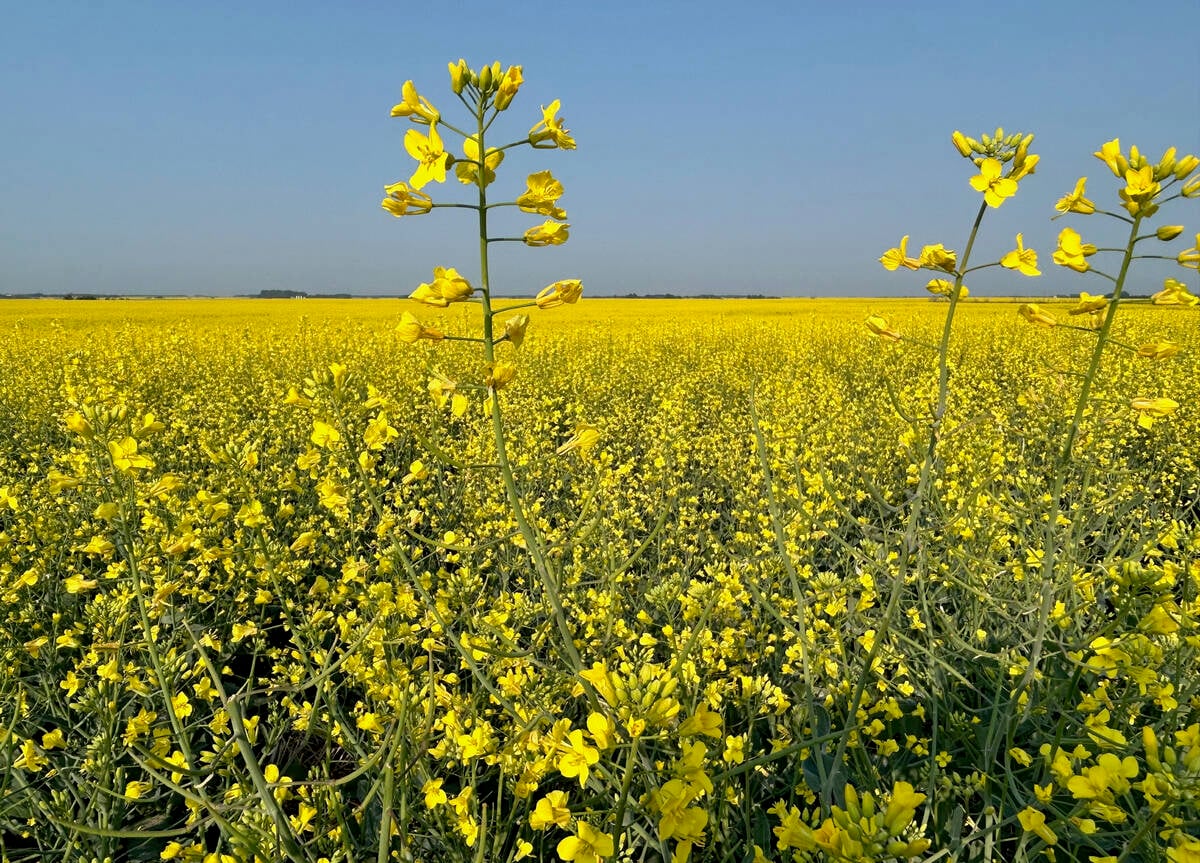
UCalgary breakthrough may stop canola shatter and boost yields
Research from the University of Calgary on shatter-tolerant canola could save Canadian farmers time and money.
Dr. Terry Whiting of Manitoba Agriculture discussed the special challenges of transporting high-risk livestock. “Transportation is an inconvenience for animals. We need to address the challenges with ideas that combine both scientific and practical knowledge. Experience in transporting livestock has at least as much to offer as the science examining livestock transport.”
As a case study of the opportunity for progress at the meat plant level, Bryan Hay of Maple Leaf Foods in Brandon, Man., discussed how Maple Leaf plants conduct regular humane handling plant audits, which include animal unloading. “Some see an audit as a curse, but we see it as a blessing,” says Hay. “It’s not okay now to just say what we do – we have to prove it. Good livestock care leads to good meat quality. That’s what drives everything.”
That attitude is shared by the American Meat Institute (AMI), which recently developed livestock transport audits for unloading at meat plants, reported Dr. Ashley Peterson and Jennifer Woods of AMI. “Our philosophy is that optimal livestock care is good not only for livestock but for business,” says Peterson.
Livestock transport training and certification programs developed by industry on both sides of the border have also raised the bar. Susan Church, AFAC Manager, spoke on the successes and challenges of Canada’s Certified Livestock Transporter (CLT) program, while Erik Risa, Manager of Certification Programs for the National Pork Board in the U. S., reported on the evolution of Transport Quality Assurance (TQA) in the U. S. British industry consultant Phil Malone provided broader international perspective with a presentation on the “Animal-i” program – a guide to transporting animals in the UK.
The conference also included presentations on facility design and transport, loading, developing benchmarks, lessons from Australia’s approach to animal welfare during transport, the role of regulations and working together to support livestock transport in North America. It closed with a discussion with three long-time livestock haulers – Daryl Toews, Dave O’Rourke and Keith Horsburgh.
Toews, who supervises all load co-ordination and health protocols for Lester Reimer Trucking, captured a prevailing attitude of the day: “If we say ‘we’re there,’ that we’ve done all we need to, I think we’re limiting ourselves. We’re never there. We have great opportunity to continually improve and do a better job.”
O’Rourke, former owner of Ontario-based O’Rourke transport and currently Ontario Farm Animal Council’s livestock transport specialist, emphasized the importance of ongoing transporter education. “Animal care must be foremost in every transporter’s mind. It takes just as much preparation to move an animal two miles down the road and do it right as it does to move it across the country.”


